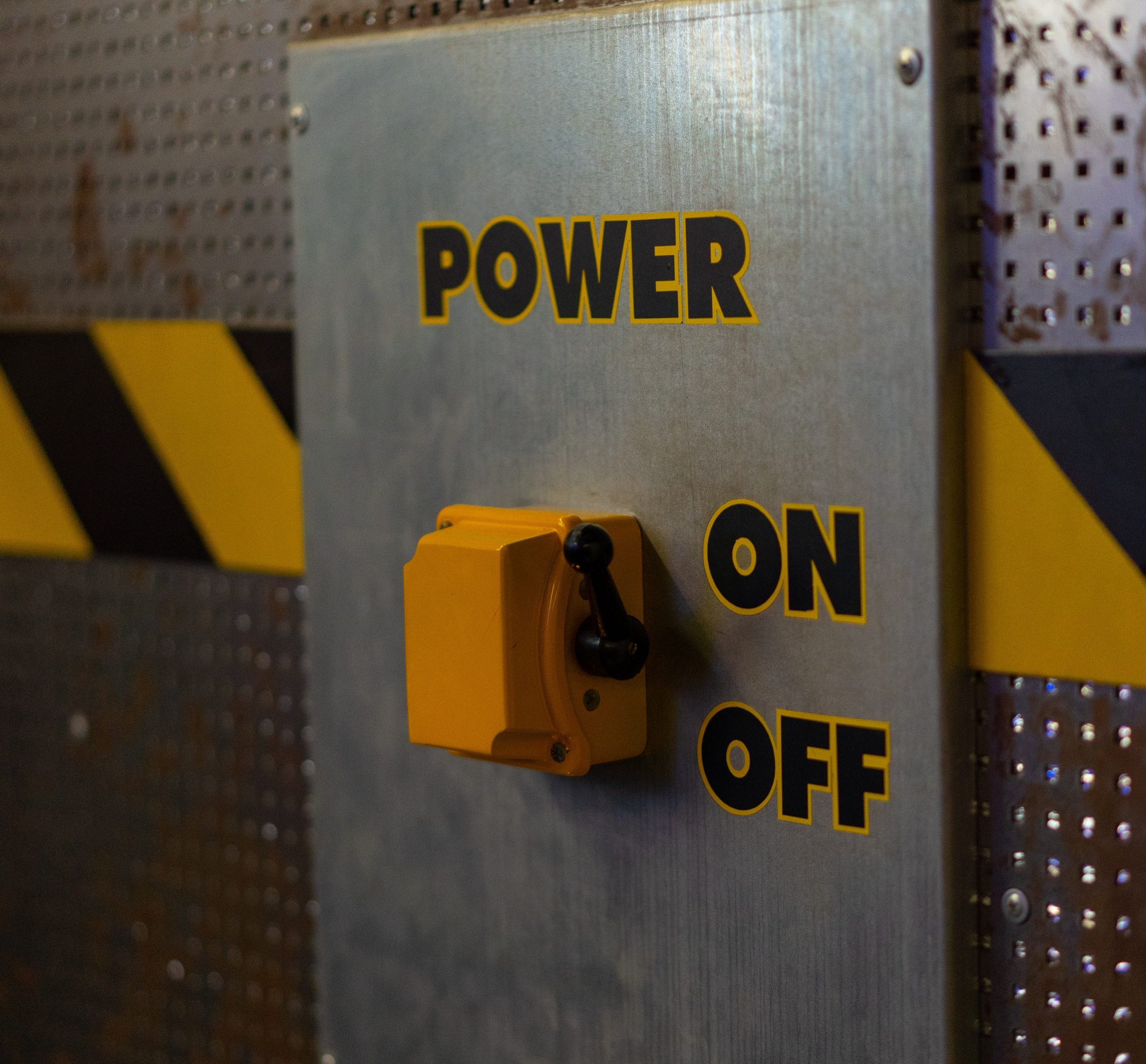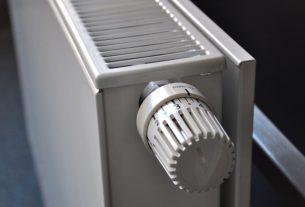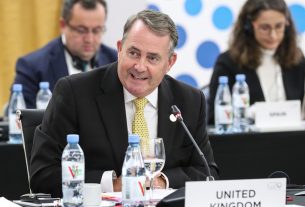The boss of energy giant E.ON has warned that four-in-ten households in the UK are facing fuel poverty if the government fails to act in the face of soaring energy bills.
Michael Lewis, the CEO of E.ON UK told the BBC the government must intervene immediately with around 12.5% of its customers already struggling to pay their bills and further massive price hikes on the horizon.
“Some people are at the edge. They simply cannot pay and that will get worse once prices go up again in October,” said Lewis. The E.ON boss said the average fuel bill could hit £3,000 in the autumn and said “substantial” government intervention is needed.
Lewis said one third of his company’s customers are already slashing their spending on food to cope with their rising bills and that some 20% are already in fuel poverty. That number is expected to rise significantly this year.
Fuel poverty and profits
A household that spends more than 10% of its disposal income on energy is considered to be in fuel poverty and Lewis added: “In my 30 years in the energy industry I’ve never ever seen prices increasing at this rate.”
The energy price cap rose 54% in April – hiking average bills by around £700 per year to £1,971. Some 4.5 million of the poorest households on pre-paid meters have been even harder hit with their average yearly bills now £2,017.
Soaring energy prices have been reflected in the inflation rate which last week hit a 40 year high at 9%.
At the same time energy companies have reported massive profits with Shell posting a £7 billion profit for the first three months of 2022, and BP making £5 billion profit, its highest for 10 years.
The government has so far resisted calls for a windfall tax on energy companies’ profits despite repeated warnings the UK will see the steepest fall in living standards since the 1950s. The Indpendent states the “explosion in poverty…will push 500,000 more children below the breadline.”
Lib Dems ask if PM discussed windfall tax with advisor who represents energy companies
Meanwhile, the Liberal Democrats are asking Downing Street to clarify if Boris Johnson discussed a windfall tax on energy companies with his Australian election strategist Sir Lynton Crosby – some of whose companies represent firms in the oil and gas industry.
Boris Johnson is reportedly against a windfall tax on the multibillion pound profits accrued by North Sea energy operators. Last week Conservative MPs voted against a Labour motion in the Commons that would have introduced a windfall tax to help people pay their energy bills.
Crosby – the co-founder and CEO of CT Group – does not have a formal role at No 10 but his close ally, David Canzini is deputy chief of staff in Downing Street and, according to government aides, opposes a windfall tax.
The Financial Times reports that “Canzini — who worked at CT Group until late January — is a rightwing free marketeer who is reported to have resisted the [energy windfall tax] policy ‘super hard’ because he felt the policy was ‘un-Conservative’.
Labour forced a vote on a windfall tax on the fifth day of the Queen’s Speech debate last week but lost in the Commons with 248 MPs backing it but 310 MPs voting against. “The division list suggest[s] not a single Conservative MP backed the policy”, reports the Huffington Post.




